Football has been widely considered as a game of athleticism and skill but it is also a game of management that a manager possesses. Football managers are essential in working with individual players or as a collective to motivate and discipline them. The game is still heavily coach-driven.
Their main duties include determining tactics and formations, analyzing opposition teams and their formations and they are often the face of any club’s ambitions. Some of the best managers in football are capable enough to win multiple trophies, while others often struggle to secure at least one.
1. Pep Guardiola
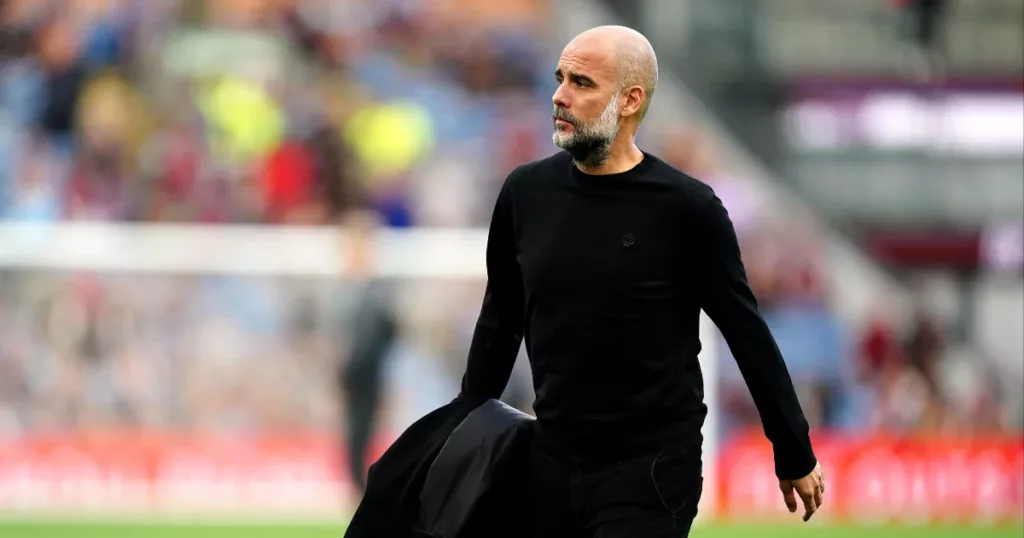
Clubs Managed: Barcelona B, Barcelona, Bayern Munich and Manchester City
Trophies won: 38
Pep Guardiola has revolutionized football, according to many, and his illustrious managerial career includes triumphs with Barcelona, Bayern Munich and now Manchester City. He has been recognized as the world’s best coach three times in his career. His tactical approach and possession-based football have received unparalleled success in many points in his current tenure at Manchester City.
In his positional player, players are assigned to specific zones on the pitch and asked to maintain their positions. His teams are also excellent in the final third. They create chances by attacking the space between the opposition’s center-back and full-back. Guardiola also uses attacking fullbacks, who can also provide width and support the attack. His teams are known to break down opposition sides with intricate passing and overloading in certain areas of the pitch.
2. Jurgen Klopp
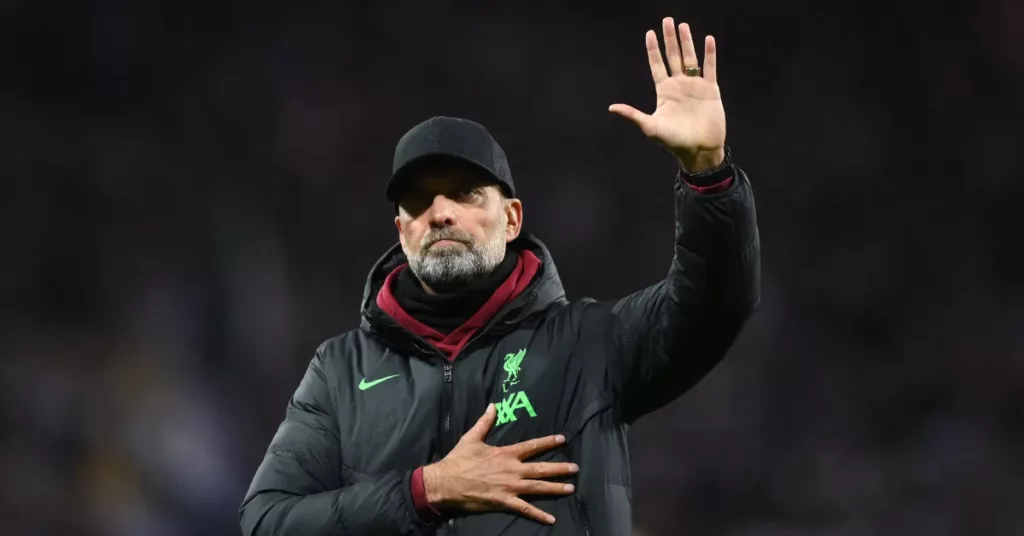
Clubs managed: Mainz 05, Borussia Dortmund, Liverpool
Trophies won: 13
The current manager of Liverpool who’s set to leave Anfield at the end of this season has been widely renowned for his high-intensity and counter-attacking playing style. The current Liverpool squad has been known for their fast-paced, intense attacks which led them winning the Premier League, the UEFA Champions League, and the FIFA Club World Cup.
Jurgen Klopp’s unique playing style, also known as ‘heavy metal football’ has been widely successful for the German tactician. The term ‘Geggenpress’ is also associated with Klopp which means that his players need to win the ball instantly after losing it. He often prefers to play the 4-3-3 formation which allows a balanced defense and attack.
3. Carlo Ancelotti
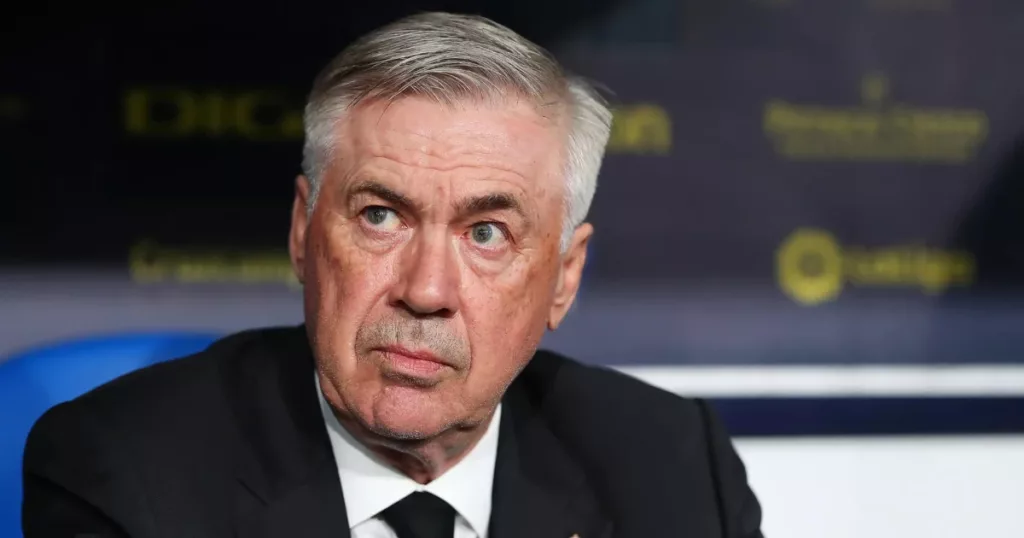
Clubs managed: Reggiana, Parma, Juventus, AC Milan, Chelsea, PSG, Real Madrid, Bayern Munich, Napoli and Everton
Trophies won: 28
The Real Madrid manager has won silverware in each of the top five European leagues and doesn’t look like slowing down anytime soon. Ancelotti won four Champions League trophies, making him one of the most successful managers in the most competition’s history.
He has always favored a 4-3-3 formation and is also known for his ability to adapt his tactics based on the team’s strengths and the opposition’s weaknesses.
4. Jose Mourinho
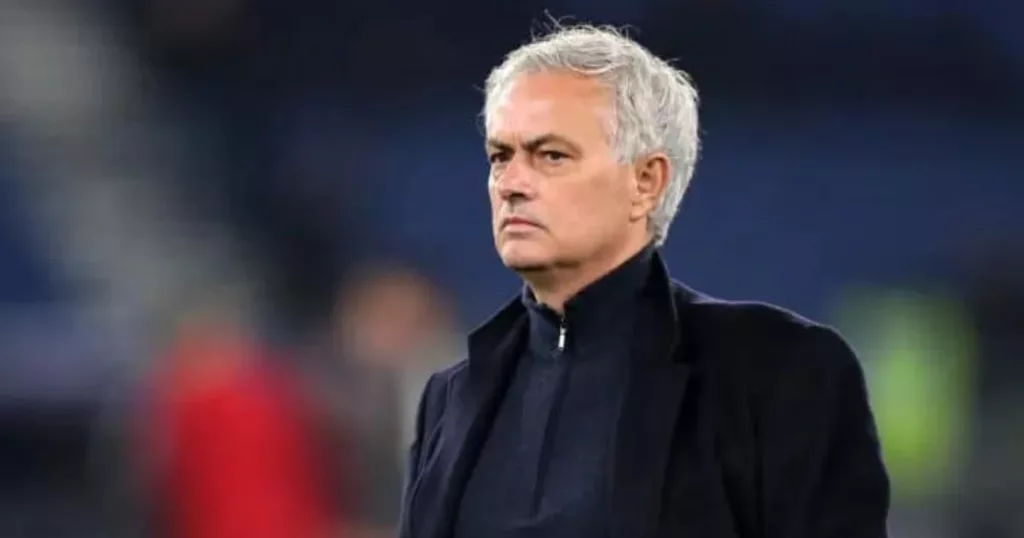
Clubs managed: Benfica, Porto, Chelsea, Inter Milan, Real Madrid, Manchester United, Tottenham Hotspur, Roma
Trophies won: 26
The Special One is one of the highly esteemed managers known for his defensive and disciplined style of football. Mourinho has experienced success in every club he has managed and won the Best Coach four times in his managerial career.
Mourinho’s teams are known for their solid defensive setup and he emphasizes rapid counterattacking after winning back possession. He also likes to utilize the wider areas through wingers or attacking full-backs. The Portuguese coach has always preferred a 4-3-2-1 or 4-3-3 best formation in football but always willing to adapt based on the opponents or the players at his disposal.
5. Diego Simeone
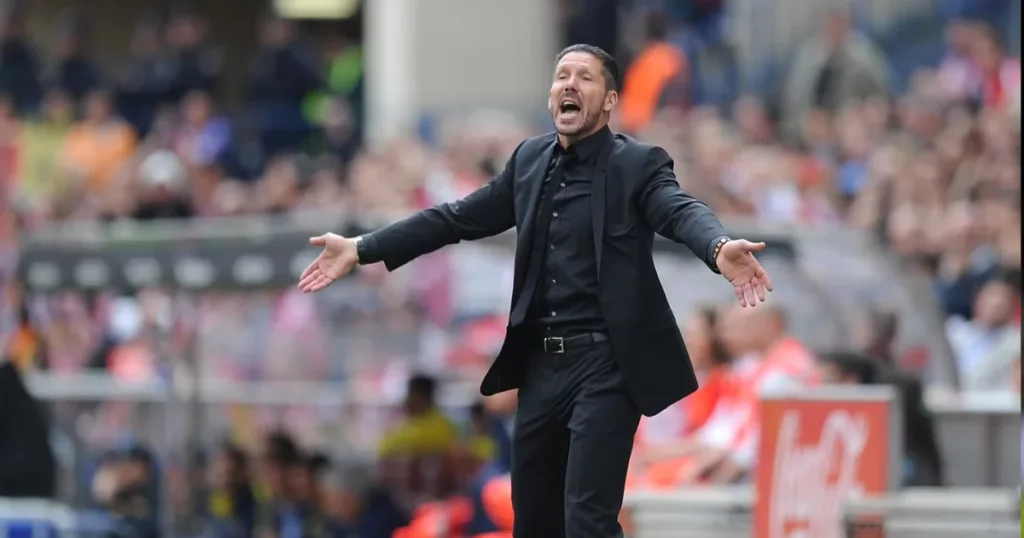
Clubs managed: Estudiantes, River Plate, San Lorenzo, Racing Club, Atletico Madrid
Trophies won: 10
Like Mourinho, Atletico Madrid manager Diego Simeone is also known for his defensive-minded approach and acute counterattacks. The enigmatic manager has used his tactical prowess to organize a defensive structure. Simeone has used forms of the 4–4–2, 4–2–3–1, and 4–3–3 formations and has tailored his tactics to complement the players at his disposal.
